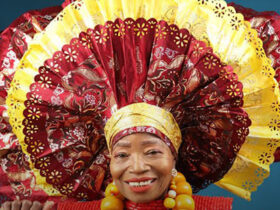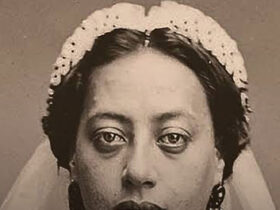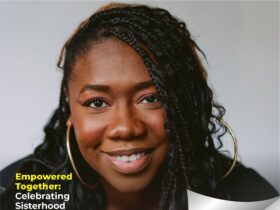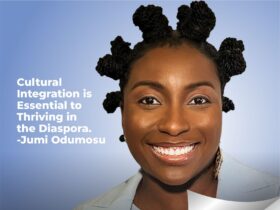One intriguing strategy migrants often overlook is engaging in cultural exchange and community involvement programs. These programs not only deepen our understanding and appreciation of our own culture but also foster the development of crucial values like respect and tolerance. They provide a unique and exciting opportunity to immerse yourself in the cultures of other nationalities, offering a platform for firsthand learning and sharing. Moreover, they enhance your adaptability as a new migrant and help you build stronger communication skills. The downside, however, is a loss of cultural identity, but I believe a strong value system and love for our home culture will prevent this from happening.
My name is Deborah Solate, and I migrated to Canada in September 2022 with my family. Coming to Canada was a totally new experience for I and my family. I quickly adapted due to my sociable personality and quick involvement with the Nigerian community. Adapting to our new home in Canada was easier for me because I had come with a mindset that Canada is now my home and not just a visiting destination. For my children, however, it took a while for them to adapt to the school culture and settle in with new friends. My son, who is an introvert, had a particularly challenging time, and I had to check up on him daily at school to ensure he was adapting well. He is a bit reserved about sharing his feelings with people who are not family, so I encouraged him to be more vocal and speak out. I also took extra time and effort to ensure he was more sociable and mingled well with people his age.
So, while back home, I was a caterer, and I sought to continue my vocation here, but the rules here only permitted this with the proper training and accreditation, which is time intensive. Based on this, I picked up a care job and started an education assistant course. I finished this course and got a job almost immediately. On the side, however, I started baking for family and friends; I made Nigerian-styled snacks and recommended herbal remedies for body aches and pain. I participated in group-sharing activities such as meat sharing and farm produce sharing. I also embarked on some DIY activities like cutting my children’s hair, making my daughter’s hair and sewing for my children.
Reminiscing on my experience, I wish I had leveraged the benefits of cultural exchange and community involvement programs earlier. Now, I am championing the cause of helping migrants settle in as seamlessly as possible. I arrange for airport pickups, connect new migrants to housing opportunities, and facilitate giveaways within the Nigerian community. I give tips on how to adapt to Canadian life, weather and social environment. I also encourage migrants to be more open to trying new things.
I take advantage of education and training opportunities to advance my skills. I have used my influence as an education assistant to help children susceptible to negative influences get back on track. Based on this, I am known as the African mum.
My advice to women of colour who are migrating to Canada is to take care of themselves physically, mentally and emotionally because adapting to a new country can be a real drain and, if not handled properly, can have an adverse effect. They should be very open to learning the culture and practices of their new home. I also encourage women of colour to be diligent at whatever they find themselves doing because, in time, this diligence will pave the way for greater opportunities in the future.
Deborah Solate tells her story from Winnipeg, Manitoba.
















I believe and trust your ability and your capability, you’re a blessing to your husband, family people around you, the youth, Old, kids and the world. Giving is one of your hubby, seen people smiling and feeling good is your passion that motivate
May God continue to increase, empower and strengthen you my sister.